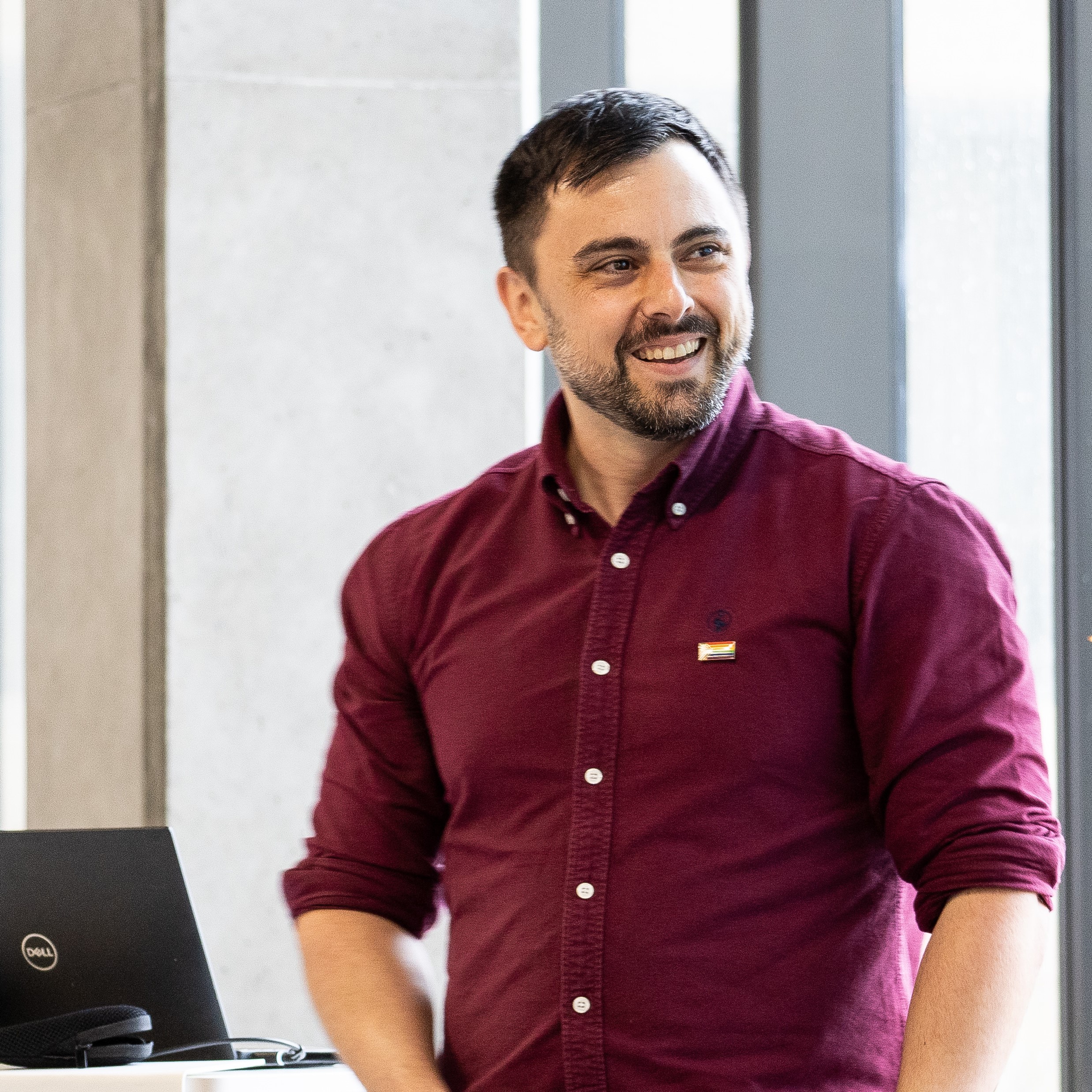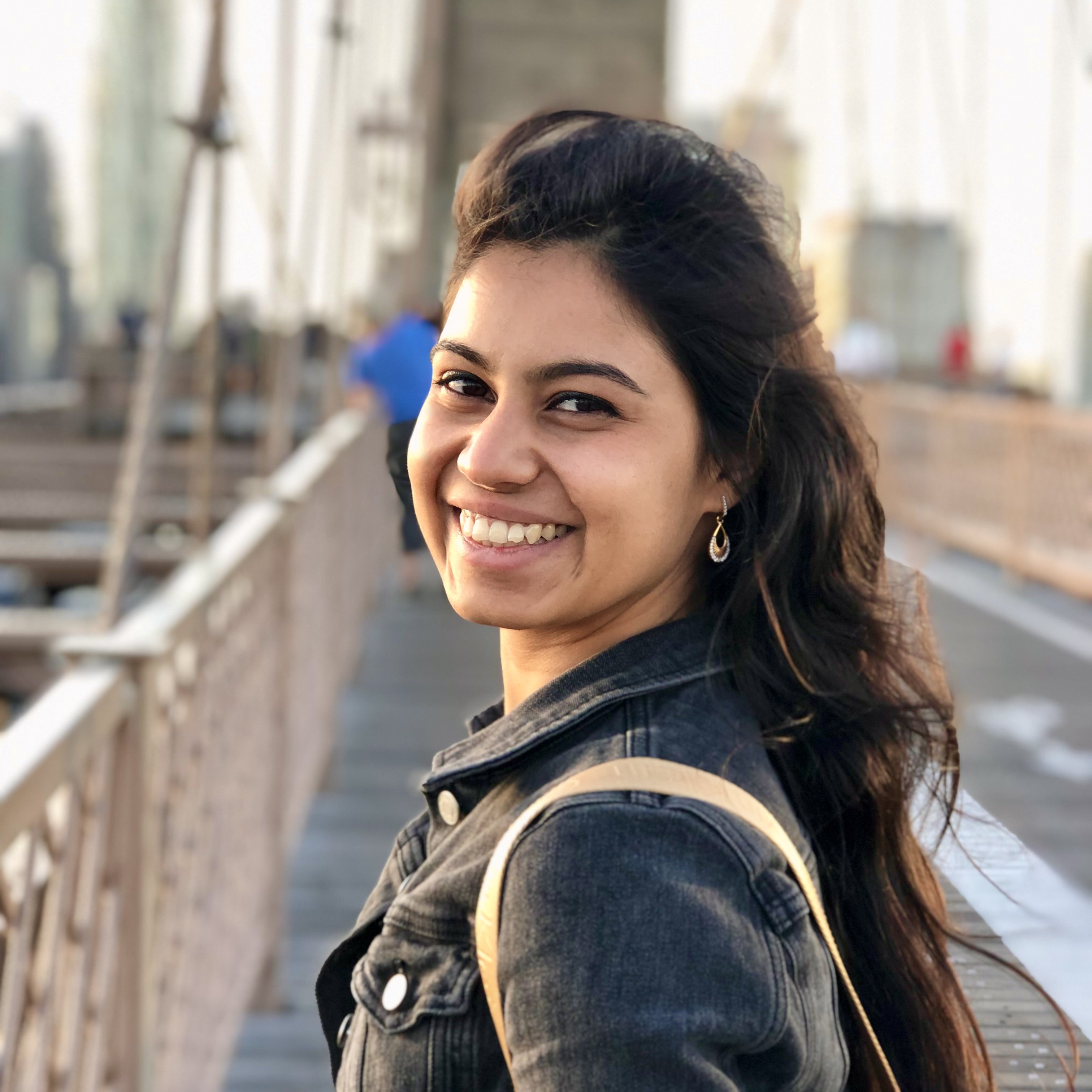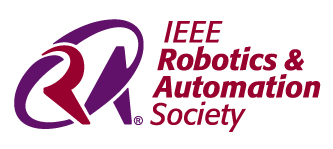Environment Dynamics Matters:
Embodied Navigation to Movable Objects
IROS 2024 Workshop
October 14th, 2024
Abu Dhabi
Introduction
The embodied navigation, which is a typical kind of embodied cognition
behavior, has attracted great attention from researchers from the
robotics, machine learning, and computer vision communities. In recent
years, a lot of machine learning methods are proposed to tackle the
embodied navigation problem. Moreover, many simulation environments have
been established, which enable the work that originally requires
cumbersome physical verification to be conveniently conducted in the
simulator and great progress has been made in terms of relevant methods.
It is true that the developed machine learning methods could provide
effective approaches for the navigation task, while they are restricted to
the paradigm of applying the trained model on test scenes, which is hard
to adapt to the dynamic environment. In reality, the environment dynamics
is ubiquitous and it often occurs that objects we want to find are movable
or have some temporal location patterns associated with user habit
routines. It is difficult both for existing simulation environments to
nicely simulate environment dynamics and for existing algorithms to take
advantage of environment dynamics to improve search efficiency.
Fortunately, the AIGC and LLM technologies are developing rapidly and
becoming mature, which shed light on the above challenges. Besides, there
also emerge a series of great research works which take environment
dynamics into consideration. Therefore, we believe it could be a perfect
time to have this workshop which provides an opportunity to gather
researchers to discuss on the topic and further accelerate the development
of the field.
Content of Workshop
In this workshop, we aim to emphasize the importance of environment
dynamics in the long-horizon embodied navigation and manipulation task. As
the environment dynamics is ubiquitous (for example, the same object could
have been placed in different places associated with user routines), the
robot should consider the movement of the object rather than searching
static ones. Given the great challenges brought by the dynamic environment
both in the establishment of simulation environment and corresponding
algorithms, the tentative content of the workshop is intended to include
the following topics.
-
extraction of spatio-temporal object information from the long-term
interaction with the environment
-
modeling of spatial-temporal object information using advanced machine
learning technologies such as graphical model or cognitive-inspired
method
-
generation of dynamic simulation environment using AIGC technologies
(LLM, diffusion, etc.)
-
planning of smart actions for dynamic embodied navigation and
manipulation
-
deployment of dynamic embodied navigation and manipulation on
real-world robotic platform
Call for Papers for this Workshop
Prospective authors are required to submit an extended abstract in the standard IEEE conference template, 2 pages. Abstracts will be reviewed by the organizers. Please note that it is possible to use material that has already been presented in a previous conference. Papers and videos accepted by IROS 2024 can be submitted directly.
Accepted papers will be invited to be presented as posters during the workshop, and the best paper candidates will be invited to give a five-minute talk.
Papers and videos are required to be sent as attachments and links (available for download or watching online respectively) in an email to edmws2024@gmail.com. Please include the author's name and "IROS24 workshop on Environment Dynamics Matters" in the subject line and a clear description of attachments in the body of the email.
Best Poster Award
One best poster will be selected from the submissions and awarded with a certificate and a prize. The winner will be announced at the workshop.
Important Dates
Submission Deadline of Extended Abstract: September 22, 2024
Acceptance Notification: September 30, 2024
Accepted Posters
- Learning to Catch Reactive Objects with a Behavior Predictor (Best Poster)
- Commonsense Scene Graph-based Target Localization for Object Search (Best Poster Finalist)
- PreAfford: Universal Affordance-Based Pre-Grasping for Diverse Objects and Environments (Best Poster Finalist)
- From DeepClaw to MagiClaw: Towards Universal Action Embodiment
- Learning Generalizable Manipulation Policy with Adapter-Based Parameter Fine-Tuning
- NaVid: Video-based VLM Plans the Next Step for Vision-and-Language Navigation
- Reflexive Open-Vocabulary Navigation without Prior Knowledge Using Omnidirectional Camera and Multiple Vision-Language Models
- Manipulation Planning of Humanoid Palm Based on Vision-based Tactile Sensor
Schedule (Tentative)
| Time |
Title |
Speaker |
| 14:00 – 14:10 |
Introduction & Welcome |
|
| 14:10 – 14:50 |
Robot Learning for Long-Horizon Mobile Manipulation |
Prof. Abhinav Valada
University of Freiburg, Germany |
| 14:50 – 15:30 |
Real-time 4D Metric-Semantic Mapping |
Prof. Luca Carlone
MIT, USA |
| 15:30 – 16:10 |
Longitudinal Modeling of Grounded User Routine |
Maithili Patel
Georgia Institute of Technology, USA |
| 16:10 – 16:30 |
Coffee break & Poster Session |
|
| 16:30 – 17:10 |
Interactive Navigation and Interactive Search: Increasing robots capabilities in dynamic human-centered environments |
Prof. Roberto Martin-Martin
University of Texas at Austin, USA |
| 17:10 – 17:50 |
Embodied Intelligence with Foundation Models for Mobile Manipulation |
Dr. Oier Mees
UC Berkeley, USA |
| 17:50 – 18:10 |
Oral for Best Paper candidates |
|
| 18:10 |
Award Ceremony |
|
Endorsement
IEEE RAS Technical Committee on Algorithms for Planning and Control of
Robot Motion
IEEE RAS Technical Committee on Cognitve Robotics
IEEE RAS Technical Committee on Machine Learning for Automation
IEEE RAS Technical Committee on Mobile Manipulation
IEEE RAS Technical Committee on Robot Learning
CAA Technical Committee on Intelligent Automation
Support












